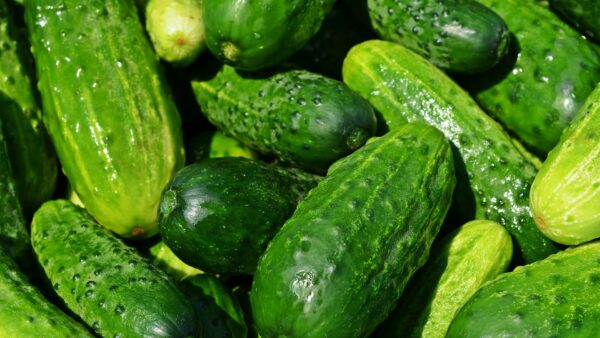The Government has introduced new legislation to promote precision breeding technology, aimed at boosting food production, lowering costs for farmers, and enabling the cultivation of drought- and disease-resistant crops.
The Government announced on 30 September that new laws will advance precision breeding technology designed to enhance food production, lower costs for farmers, and enable the cultivation of drought- and disease-resistant crops.
By utilizing gene editing techniques, precision breeding will facilitate the creation of crops that are not only more nutritious but also more resistant to pests and diseases, resilient to climate change, and beneficial to the environment.
These measures will also help reduce pesticide use, thereby protecting essential pollinators vital to our ecosystem and fostering nature recovery, according to a press release. Furthermore, the initiative aims to boost investment in the sector, strengthen Britain’s food security, increase food production, and decrease costs for farmers.
At the World Agri-Tech Innovation Summit in London, Minister for Food Security and Rural Affairs Daniel Zeichner announced that the government plans to introduce secondary legislation necessary to realize the benefits of the Precision Breeding Act as soon as parliamentary time permits.
Research trials are already underway for precision-bred products, including tomatoes enriched with high levels of vitamin D and sugar beet that requires fewer pesticides. This legislation will facilitate the nationwide rollout of these products, enhancing food security in the face of climate change, supporting farmers, and positioning the UK as a global leader in agri-food innovation.
Currently, only a handful of large multinationals can afford to navigate the complex authorization process for bringing new products to market. The new legislation aims to simplify this process, creating a fairer environment for SMEs and encouraging increased investment.
Plant breeding currently adds £1 billion in extra value to the UK economy each year and increases yields by over 1% annually. However, to address the growing challenges in their food system and the environment, the release notes that further innovation is essential, and precision breeding holds significant potential for added value.
“With these measures, our agriculture sector will be at the forefront of innovation across the world,” UK Farming Minister Daniel Zeichner said.










